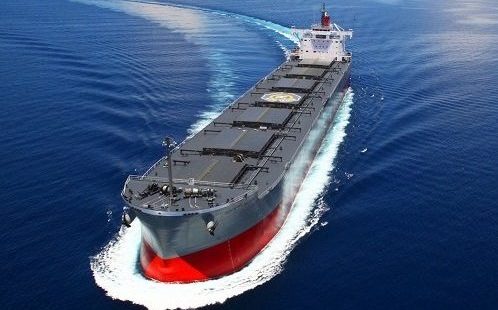New future fuel option swims into view: salmon waste

To the ever growing list of future fuel options facing shipowners a new, surprise category swims into the mix today: salmon waste.
Green Fuels Research, the University of Cardiff and London South Bank University have teamed up to explore converting waste from the UK’s booming salmon farming industry into a renewable diesel.
The SALMO project, backed by the UK Department for Transport, will convert waste biomass from salmon farming into drop-in fuels suitable for use in marine diesel engines.
“Use of waste ensures that the fuel is highly sustainable and fully biogenic, and thus a truly zero-carbon fuel,” a Green Fuels release states.
The project intends to address two challenges: decarbonisation of the UK shipping industry, and sustainable management of animal by-product waste from UK aquaculture.
Aquaculture wastes – what’s left once a fish has been filleted – are currently mainly disposed of using non-productive routes such as composting or incineration.
The project will develop and validate a process for safely converting morts (fallen stock) and processing waste from salmon farming into renewable fuel suitable for the marine sector.
The backers of the project point out that existing alternatives for sustainable marine fuel are either fuels derived from used cooking oil, which are sustainable, but potentially displace feedstock from use in making road fuel or imported palm oil, which carries significant challenges around indirect land-use change.
Providing further details of the new fish fuel, Sergio Lima, a research manager and scientist at Green Fuels Research, said the salmon oil would be extracted from salmon processing waste (guts, heads and frames) and salmon morts, then it will converted to drop-in marine fuel through a chemical process.
“In salmon oil there is saturated and unsaturated fatty acids – constituent monomers of triglycerides – which can be converted into oxygen-free hydrocarbons which are the constituents molecules of marine fuel,” Lima explained, going on to claim: “The market is huge as the UK salmon industry is massive.”
